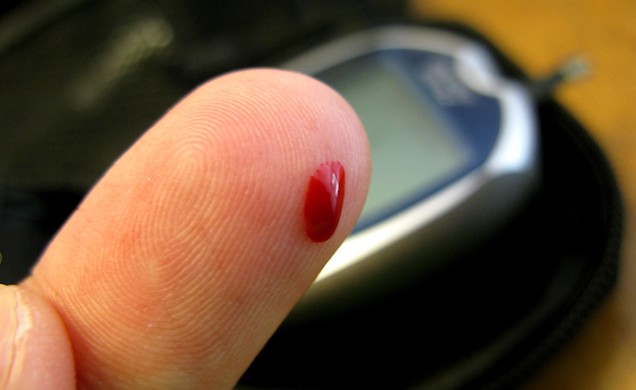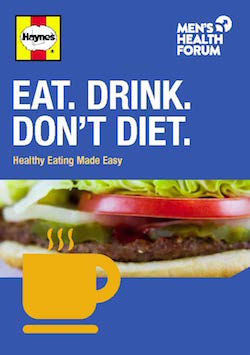Type 1 Diabetes FAQs

What is diabetes?
Read our Diabetes FAQs for more on the symptoms of diabetes and the health complications it can cause.
Tell me more about type 1 diabetes?
About 10% of people with diabetes have type 1. It happens when your immune system malfunctions and attacks the pancreas, damaging it so it can’t produce insulin.
This autoimmune reaction often runs in families. If you have a parent or sibling with type 1, you have a 12 times higher risk of getting it yourself than someone without a close relative with the condition.
Type 1 cannot really be cured. But it can be treated.
How is type 1 treated?
You’ll need to inject insulin, perhaps 2-4 times a day. (It has to be injected because insulin would get broken down by the digestive system instead of entering the bloodstream if given in tablet form.) Your care team will show you how. Common methods include the insulin pen or insulin pump.
Your blood sugar will be monitored long-term by your care team (using the HbA1c blood test) and often several times a day by you. This is usually through a blood glucose meter (which involves pricking your finger to get a drop of blood) but there are also continuous glucose monitoring (CGM) devices available which are worn just underneath the skin and measure blood sugar automatically every few minutes. Ask your care team about CGMs.
You may need other meds to reduce the risk of complications.
What happens when blood sugar gets too high?
If levels get too high in type 1, it can lead to diabetic ketoacidosis (DKA).
Symptoms of DKA include peeing a lot, thirst, lack of energy, blurred vision, stomach ache, being sick, collapsing and unconsciousness. There is often a smell of ketones on the breath. High levels of this chemical in your blood are a sign that the body is burning its own fat for energy not glucose. Ketones smell sweet, a bit like pear drops or nail polish.
DKA is very serious and can kill if untreated. If you develop DKA symptoms (even if you have not been diagnosed with diabetes), get to hospital immediately. It’s important to be aware of this as sometimes the first adults with late onset type 1 know about it is a when they have a DKA.
What happens when blood sugar gets too low?
Hypogalcaemia, or low blood sugar, is sometimes called a hypo.
You feel shaky and weak with slurred speech and confusion (a little like being drunk). A quick hit of sugar (or glucose tablets) followed by a slower carb like fruit or a sandwich should return blood sugar to safe levels in an hour or two. In more serious cases, you can lose consciousness and may need an injection of the hormone glucagon.
It is important to react quickly to a hypo so, if you have diabetes, make sure your family and friends know the signs and what to do.
| This content is wholly based on the Men's Health Forum's Diabetes For Men which was prepared in line with the NHS England Information Standard of which the MHF is a member. Follow the links for more information or to buy copies. |
We don't currently post comments online but are always keen to hear your feedback.
Date published
02/08/18
Date of last review
02/08/18
Date of next review
02/08/21
|
The Men’s Health Forum need your support It’s tough for men to ask for help but if you don’t ask when you need it, things generally only get worse. So we’re asking. In the UK, one man in five dies before the age of 65. If we had health policies and services that better reflected the needs of the whole population, it might not be like that. But it is. Policies and services and indeed men have been like this for a long time and they don’t change overnight just because we want them to. It’s true that the UK’s men don’t have it bad compared to some other groups. We’re not asking you to ‘feel sorry’ for men or put them first. We’re talking here about something more complicated, something that falls outside the traditional charity fund-raising model of ‘doing something for those less fortunate than ourselves’. That model raises money but it seldom changes much. We’re talking about changing the way we look at the world. There is nothing inevitable about premature male death. Services accessible to all, a population better informed. These would benefit everyone - rich and poor, young and old, male and female - and that’s what we’re campaigning for. We’re not asking you to look at images of pity, we’re just asking you to look around at the society you live in, at the men you know and at the families with sons, fathers and grandads missing. Here’s our fund-raising page - please chip in if you can. |



